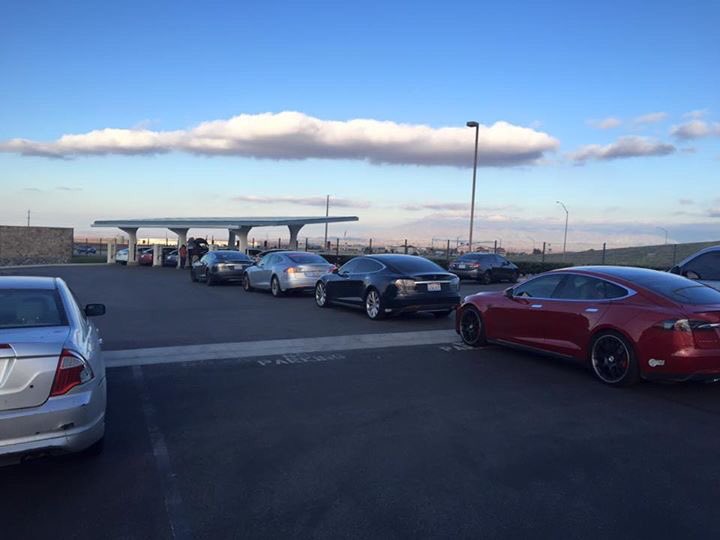Then buy a Volt.
200+ miles and you can abuse and pay for someone else's charging solution.
It's still a $35000 car. The entire concept is still unaffordable for an even more significant portion of the populace.
If you are too cheap to charge at home, maybe you should step back from this price range of vehicle.
Maybe you didn't read my 1st post, but I want to pay for it. That is not in question. However, I want to pay as I go. I don't want to pay a large sum up front.



